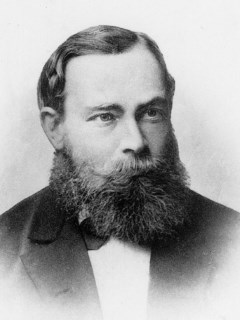Abstract
Gottlob Frege's isolation is almost legendary. Michael Dummett portrays him as having been a man who was perhaps too original to have ever been capable of working with others, "of sailing on any sea on which other ships were in sight1....", and someone who "never seems to have learned from anybody, not even by reaction...."1 Dummett's Frege felt isolated, misunderstood and unlistened to in the philosophical and mathematical world of his time, led a "life of disillusionment and frustration".2 In addition to this, we have Bertrand Russell's well-known claims that Frege's work had gone virtually unnoticed until Russell discovered it in 1900.3





